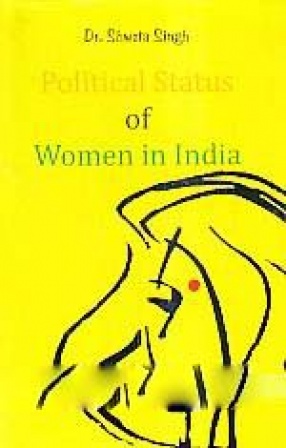India took a major step forward by giving power to the people through decentralization and local government institutions when Parliament passed the momentous 73rd and 74th Amendments to the Constitution in December 1992. This was the culmination of the triumphant march of India towards local democracy and effective Gram Swaraj, the bedrock of India’s federal policy. It was by no means a mean achievement that rural and urban local bodies were made institutions of local self-government with powers to prepare plans for economic development and social justice, and to implement them. The biggest blow to this far reaching democratic development came exactly a year later. On 23 December 1993, the Union Government introduced the Member of Parliament Local Area Development Scheme (MPLADS) giving the MPs one crore rupees each annually. Subsequently it became two crore and there is a pressing demand to hike it further. If the democratically elected local government bodies have been given the responsibility of implementing economic development programmes and schemes in the local areas, what is the rationale and Constitutional legitimacy of entrusting this responsibility simultaneously to legislators? Parliamentarians seem to take with one hand what they give with another. This contradiction has not yet been resolved either by successive governments which came to power after 1993, or by the judiciary. The concerned citizens are perplexed at this dualism; the various levels of implementing agencies are confused and the institutions overseeing expenditure of tax payers’ money are confounded. If legislators assume the role of the executives, what is the logic and significance of the principle of separation of powers? That is to say, MPLADS is a blot on democratic governance and the accountability mechanism. From the commencement of the MPLADS, the Institute of Social Sciences has been deeply concerned about its disastrous distortions and consequences on local area development and, above all, on the role of local government institutions. The earliest writings questioning its constitutional validity and its ill effects on local development were by two faculty members of the Institute – M.A. Oommen and Mahi Pal (“MP’s Local Area Development Scheme: Dangerous Portentâ€, Economic and Political Weekly, 29 January 1994). The Apprehensions raise in this brief but seminal paper have proved to be correct.

Members of Parliament Local Area Development Scheme (MPLADS): Concept, Confusion, Contradictions
In stock
Free & Quick Delivery Worldwide
reviews
Bibliographic information
Title
Members of Parliament Local Area Development Scheme (MPLADS): Concept, Confusion, Contradictions
Author
Edition
1st ed.
Publisher
Length
viii+174p., Tables; References; Annexures; 28cm.
Subjects




There are no reviews yet.